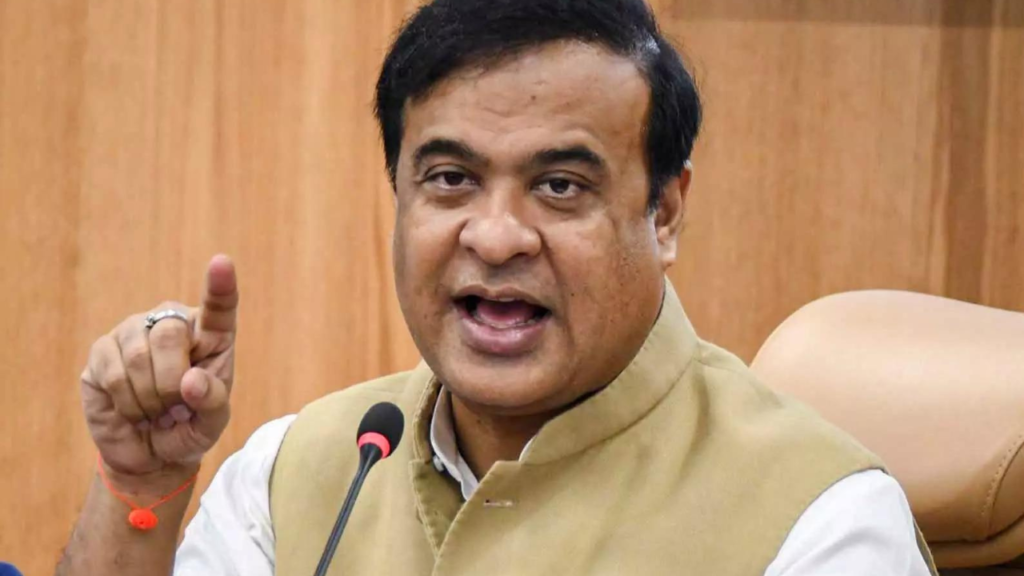Assam Chief Minister Himanta Biswa Sarma announced on August 31 that the Assam Assembly has decided to cancel the Jumma break, which was previously observed on Fridays. Sarma emphasized that the decision came as a result of a collective agreement among legislators, both Hindu and Muslim, reflecting a unified approach to this matter.
The Jumma break, a practice where the Assembly would adjourn early on Fridays to accommodate Muslim legislators and their constituents, had been a part of the Assembly’s schedule for some time. However, Sarma’s announcement marked a significant shift in the legislative calendar, aiming to streamline operations and address the diverse needs of all representatives.
Sarma explained that the decision to cancel the Jumma break was reached after careful consideration and discussions with members from different communities. He pointed out that both Hindu and Muslim MLAs had participated in the discussions, ensuring that the decision was not made unilaterally but with broad-based consensus.
The Chief Minister highlighted that the move was intended to improve the efficiency of the Assembly’s functioning. By eliminating the Jumma break, the Assembly aims to increase the time available for legislative business and ensure that sessions are conducted more consistently throughout the week. This adjustment is part of a broader effort to optimize the legislative process and make the Assembly’s work more effective.
In his statement, Sarma expressed appreciation for the cooperative spirit displayed by the legislators in reaching this decision. He noted that the collaborative approach underscores the commitment of the Assembly members to work together for the betterment of the state’s governance. The Chief Minister’s remarks also indicated that the decision reflects a focus on inclusivity and respect for the diverse perspectives within the legislative body.
The cancellation of the Jumma break has sparked discussions among various stakeholders, including political analysts, community leaders, and the general public. Some view the decision as a practical step towards enhancing legislative productivity, while others are concerned about its implications for accommodating religious practices within the Assembly.
Sarma reassured that the decision does not undermine the importance of religious observances. Instead, it represents a practical adjustment aimed at balancing the Assembly’s operational needs with the diverse backgrounds of its members. He emphasized that the Assembly remains committed to respecting and accommodating the cultural and religious diversity of its legislators.
The move has also prompted discussions about the broader implications for legislative practices in Assam and other states. It raises questions about how legislative bodies can balance operational efficiency with the need to accommodate the diverse needs of their members. The decision could serve as a case study for other states grappling with similar issues.
As the Assembly resumes its sessions without the Jumma break, it remains to be seen how this change will impact the legislative process and the dynamics within the Assembly. The Chief Minister’s emphasis on consensus and cooperation suggests that the decision was made with a focus on fostering a collaborative and productive environment.
Overall, the cancellation of the Jumma break marks a significant shift in the Assam Assembly’s schedule. It reflects a commitment to improving legislative efficiency while navigating the complexities of accommodating diverse needs within the Assembly. The decision underscores the importance of collaborative decision-making in addressing the challenges faced by legislative bodies in a multi-cultural society.

